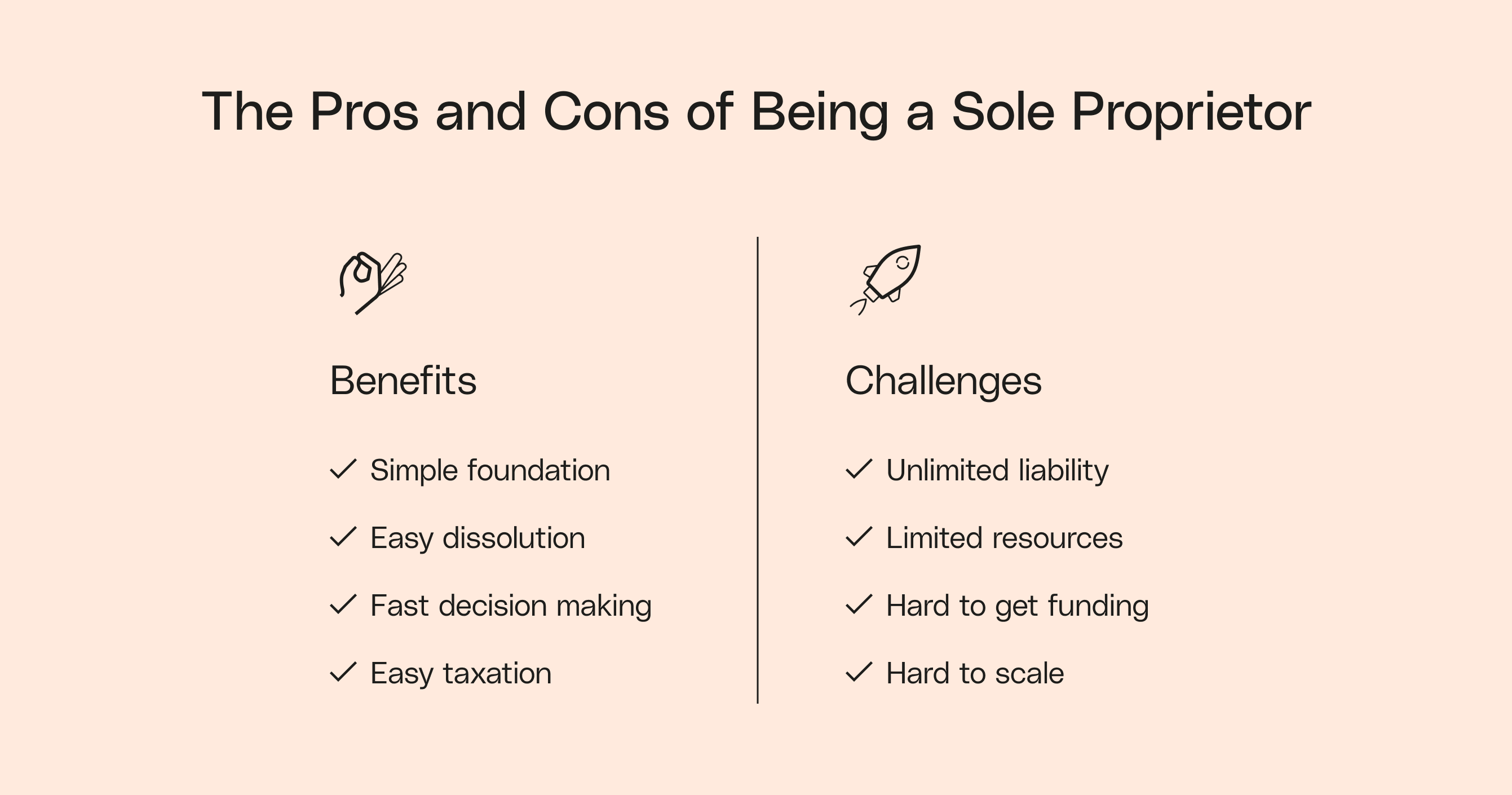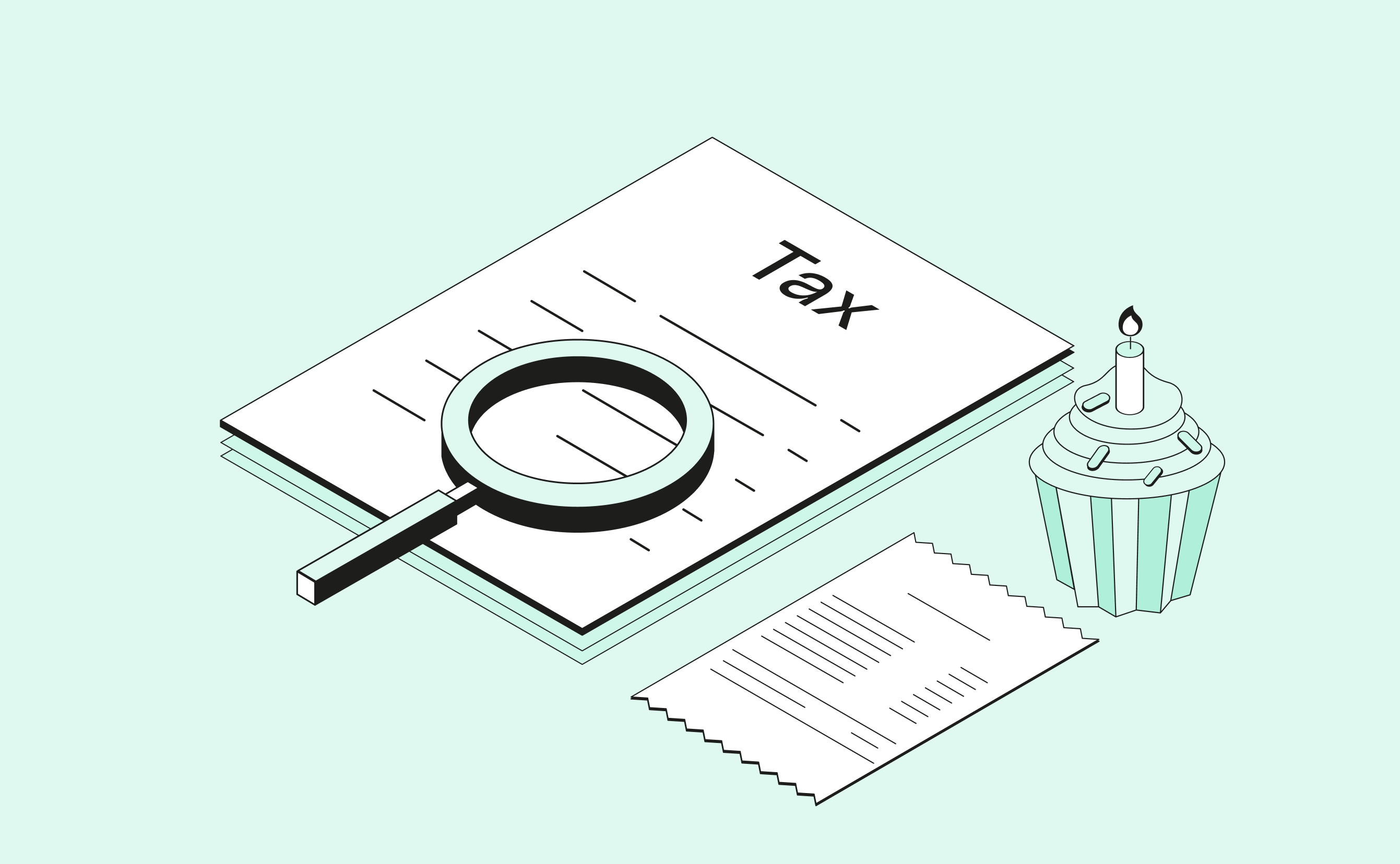While becoming an entrepreneur is often seen as ‘going it alone’, this might not be the case. As an entrepreneur you can start your business with one or several partners, entering into a much more collaborative enterprise.
If you start your own business by yourself, however, you are what’s called a ‘sole proprietor’.It’s important to understand how to start your sole proprietorship if you are thinking of starting a business and wondering if you should get anyone else involved. Being the sole proprietor requires knowing which forms to fill out and your tax situation will also be unique.
The legal form for the sole proprietor refers to both merchants and freelancers or small traders. Each of these categories differ in key ways.If you’ve decided to go it alone with a sole proprietorship, let’s go through some of the basics to help you get started in Germany the right way.








